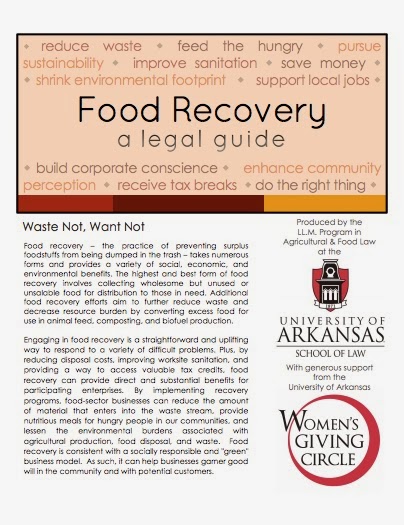An Agricultural Law Jeremiad: The Harvest Is Past, the Summer Is Ended, and Seed Is Not Saved
James Ming Chen, An Agricultural Law Jeremiad: The Harvest Is Past, the Summer Is Ended, and Seed Is Not Saved , 2014 Wisconsin Law Review (forthcoming), available at http://ssrn.com/abstract=2387998 or http://bit.ly/SeedIsNotSaved : The saving of seed exerts a powerful rhetorical grip on American agricultural law and policy. Simply put, farmers want to save seed. Many farmers, and many of their advocates, believe that saving seed is essential to farming. But it is not. Farmers today often buy seed, just as they buy other agricultural inputs. That way lies the path of economic and technological evolution in agriculture. Seed-saving advocates protest that compelling farmers to buy seed every season effectively subjects them to a form of serfdom. So be it. Intellectual property law concerns the progress of science and the useful arts. Collateral economic and social damage, in the form of affronts to the agrarian ego, is of no valid legal concern. The harvest is past, the summ

